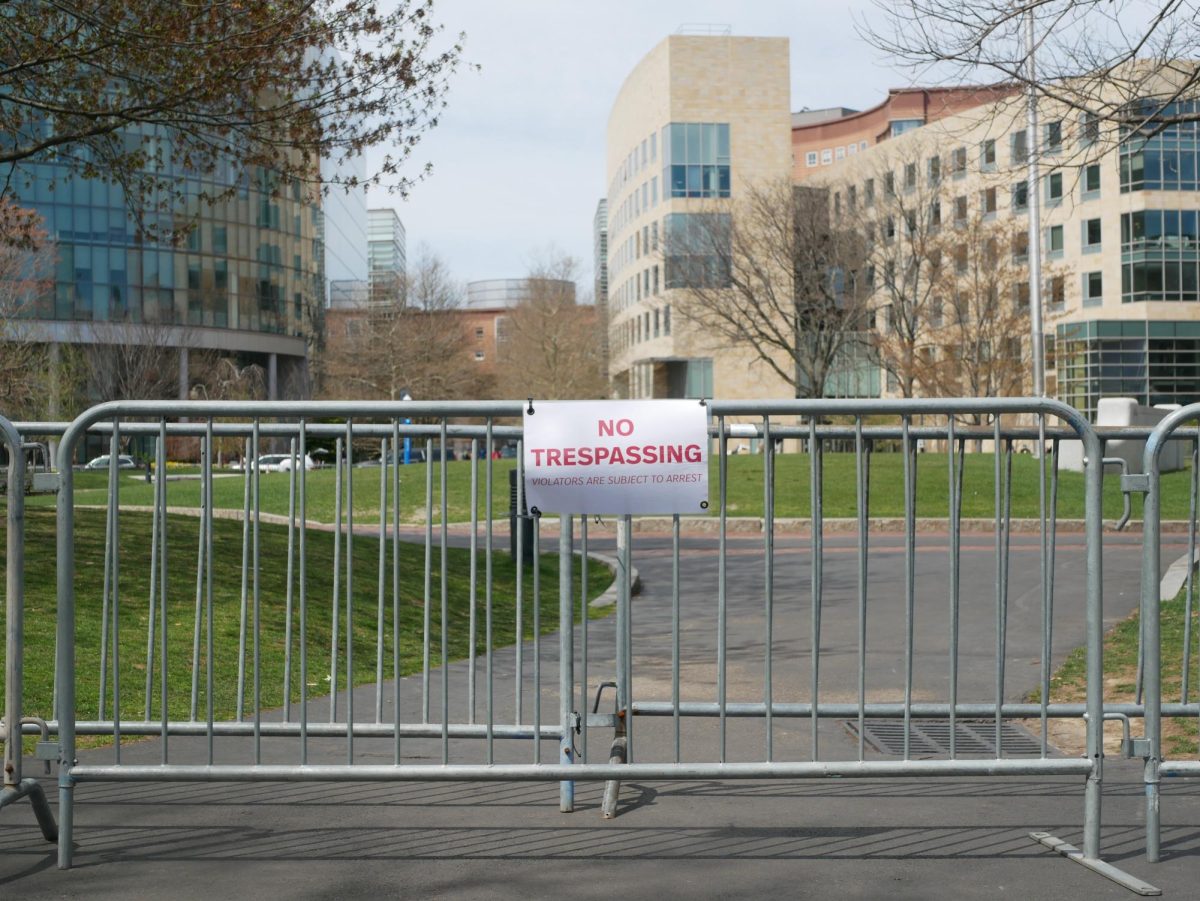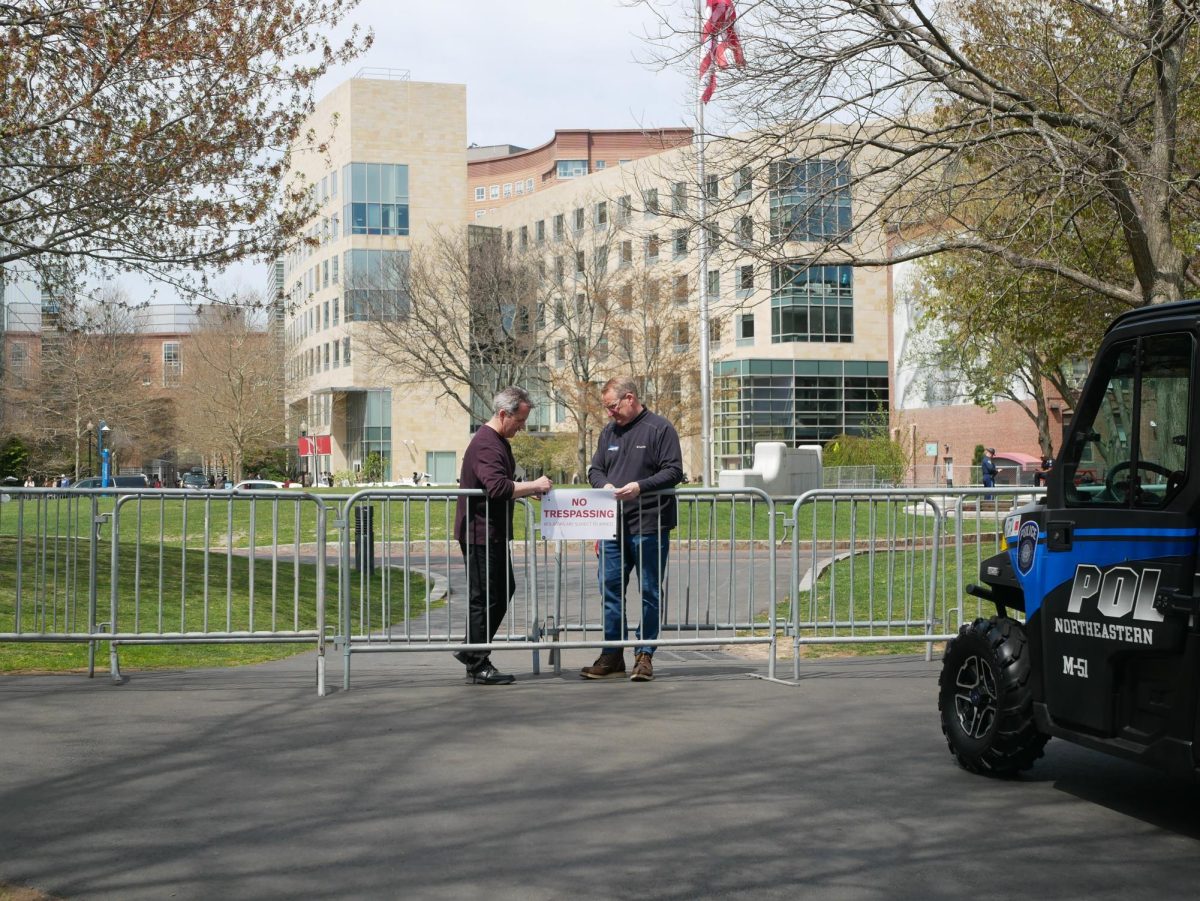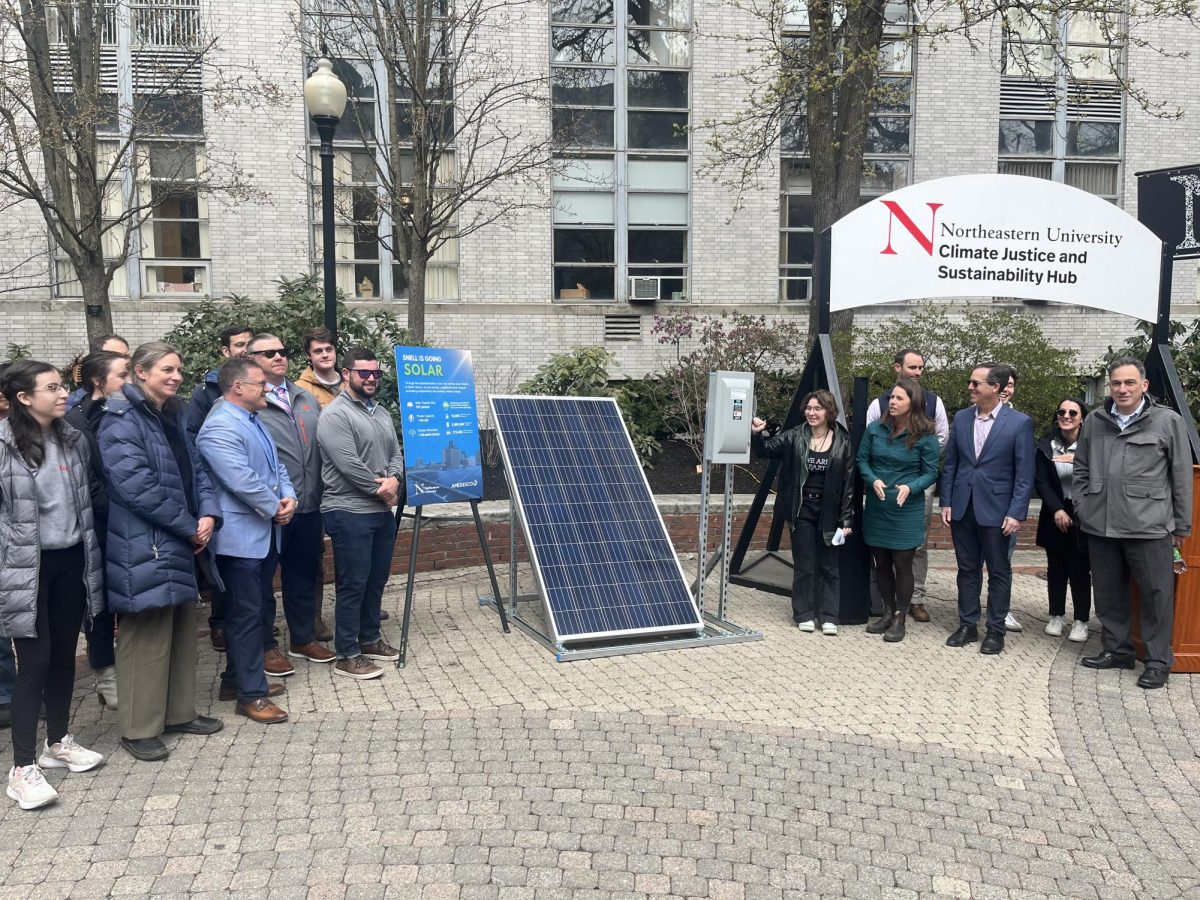By Stephanie Vosk
With most of the pieces of the semester conversion puzzle in place, the Faculty Senate plans to spend the upcoming months revising the faculty handbook.
The issues currently on the table include finding an adequate number of professors to teach during the “mini-mesters” that will occur in the summers after the conversion and making sure these professors are compensated for their work.
“I think the summer compensation following semester conversion was one of the last pieces that needed to be worked out,” said Provost Ahmed Abdelal. “There could still be some items, but not really principle items.”
The senate is trying to decide the rate of pay professors should receive for teaching during the summer as part of their regular workload, and also the rate they should receive if the summer is an extra term.
“There’s no disagreement about people being paid in the summer,” said Chair of the Economics department and Professor Steve Morrison. “People will be paid to teach in the summer either as part of their regular load of two semesters of work or as an overload.”
The actual rate of pay is still being discussed, but some professors do not want to teach in the summer at all.
Associate Professor of Mathematics David Massey enjoys having his summers free.
“People ask me if I ever teach in the summer and I always gleefully say, ‘no, never,’ and I never intend to,” Massey said. “In fact, I feel strongly enough about that that if they required teachers to teach in the summer, I’d probably start looking for a job somewhere else.”
Associate Professor in the College of Business Administration Timothy Rupert feels, however, that teaching during the summer is just part of the job.
“Personally for me, I guess teaching during the summer in the program I teach is going to have to happen,” Rupert said. “I guess I’m in a little bit of a different situation than a lot of instructors.”
Professor of Physics and Senate Agenda Committeee Chair Robert Lowndes feels that, in most cases, it will not be necessary to require professors to teach during the summer.
“We dealt in the Senate this week with people volunteering to teach and I have every reason to believe what was passed in the Senate will be acceptable to the president and the university,” Lowndes said.
Professor Lowndes is also worried about the effect the summer schedule will have on students.
Each summer term will include 100 minute classes that will run Monday through Thursday every week.
“Nobody else in the country, as far as I know, operates routinely on 100 minute classes,” Lowndes said. “I’m not sure as a student I’d want to have 100 minute classes.”
Lowndes said that while the schedule is already set for the summer of 2004, if the university finds students and faculty unhappy, they will look into revision.
“Obviously, if it doesn’t work very well, then we need to have a contingency plan in place to immediately change it,” Lowndes said.
With most of the semester conversion details finalized, the last Faculty Senate meeting of the quarter on March 11 will focus on resolving the summer teaching issue, the need for more and better quality classrooms and more revisions to the faculty handbook.
“I think we have looked at all the logistical details [of semester conversion],” Abdelal said. “In terms of anything that is predictable, we have figured those, but what we also recognize is once we go into the transition, we have to be responsive to any need that arises.”










